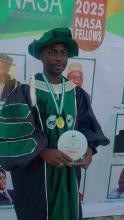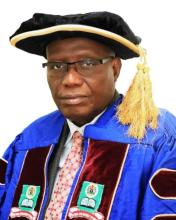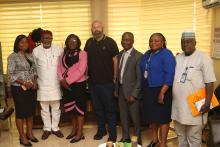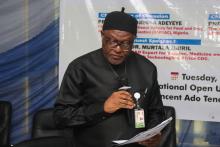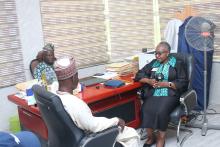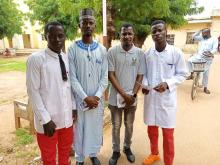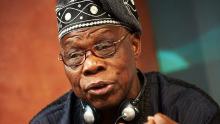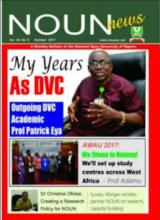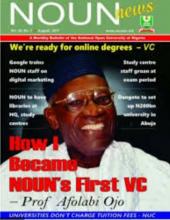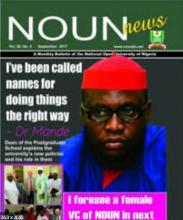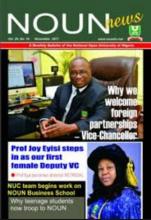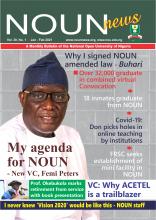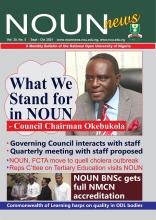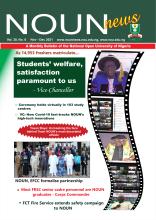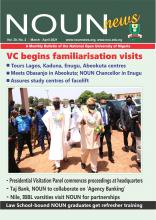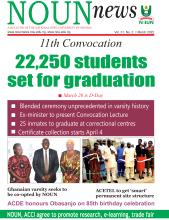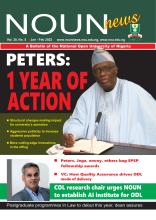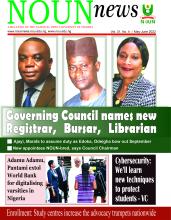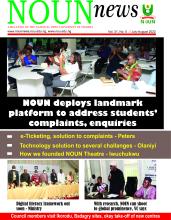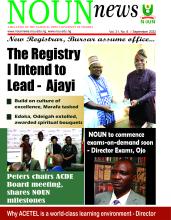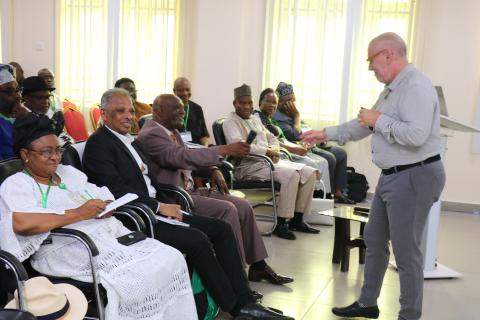
There will be no sustainable development agenda come 2030 without education and lifelong learning, a university don, Professor Carlos A. Pereira de Oliveira, of the State University of Rio de Janeiro, Brazil has stated.
"Lifelong learning is essential to reducing social and economic inequalities and enhancing civic and community life," he added.
Oliveira made this known on Wednesday, August 9th 2023, on the 2nd day of a 2-day Guest Lecture and Round-table Discussion organised by the Regional Training and Research Institute for Distance and Open Learning (RETRIDOL) in collaboration with the African Centre of Excellence on Technology Enhanced Learning (ACETEL) to commemorate the 20th anniversary of RETRIDOL at the National Open University of Nigeria (NOUN) headquarters, Jabi, Abuja.
‘The complexities of modern life demand adaptability, resilience, openness to change and willingness to engage in learning throughout life, and lifelong learning represents an effective and transformational means of addressing these challenges,’’ the don opined.
"It contributes majorly to sustainable development across countries, regions, and localities," he added.
Speaking on the topic "The Importance of Lifelong Learning in Social Policies with Emphasis on Healthcare," Carlos said that the value of lifelong learning became even more apparent as the global community tackled the profound, shared challenge of the COVID-19 pandemic.
He said that the global community was increasingly waking up to the fact that investing in learning throughout life for everyone fosters active citizenship, improves employability, makes communities more cohesive, and promotes people's health and well-being.
He mentioned that more needs to be done to establish a culture of lifelong learning within higher education institutions given the challenges such as ageing, the future of work, digitalization, and climate change.
He, however, expressed optimism that with lifelong learning we can make our societies and economies more resilient, thereby addressing these challenges of the twenty-first century.
According to the erudite scholar, "Higher education institutions play a crucial role in upskilling and reskilling youths, adults, and the most vulnerable groups in our society, such as prisoners, ex-prisoners, migrants, the disabled, and early school leavers, providing them with employment opportunities and supporting them to take active roles in the society.
Oliveira added that national policies and the institutionalisation of lifelong learning are relevant in defining the scope of operations and parameters for resource allocation and mobilisation for higher education institutions.
He stated that funding is the basic condition for mainstreaming lifelong learning into the operations of higher education institutions, as financing will be critical in enabling wider participation, particularly for non-traditional learners and vulnerable groups.
R-L:Moderator,Emeritus Prof. Olugbemiro Jegede, Prof. Shehu Usman Adamu,Prof. Helen Kwanashie, Prof. Som Naidu and Prof. Hadiza Galadanci (virtual) as discussants
The roundtable discussion which was beamed on the topic on the lecuture, featured distinguished personalities, like Professor Shehu Usman Adamu, Professor Helen Kwanashie, Professor Som Naidu, and Professor Hadiza Galadanci as discussants, and Emeritus Professor Olugbemiro Jegede as the moderator.
Their collective insights highlighted the need for collaborative efforts between government bodies, educational institutions, technology providers, and industry stakeholders.
A phased approach, transitioning from traditional to open and distance learning, was proposed as a strategy to address educational challenges effectively.
The integration of lifelong learning into healthcare was also emphasised, as it fosters collaboration among young minds and aids in adapting policies to evolving healthcare landscapes and emerging medical technologies.
Wrapping up the event, director, ACETEL, Professor Grace Jokthan, represented by her deputy, Johnson Opataye, congratulated RETRIDOL on the success of the anniversary celebration, saying it was an honour to have been able to collaborate with their cordial friend in bringing the event to life.
Opataye encouraged participants to take back everything they have heard and put it to use in every aspect necessary.
He further thanked the vice-chancellor, principal officers, and all the sponsors, for making the event possible.
He expressed appreciation to every discussant for gracing the occasion, saying that without them none of these conversations at the event would have been possible.
The highlight of the event was the presentation of a unique plaque and RETRIDOL’s WAJOFEL to distinguished personalities.
- Log in to post comments
- 110 views

